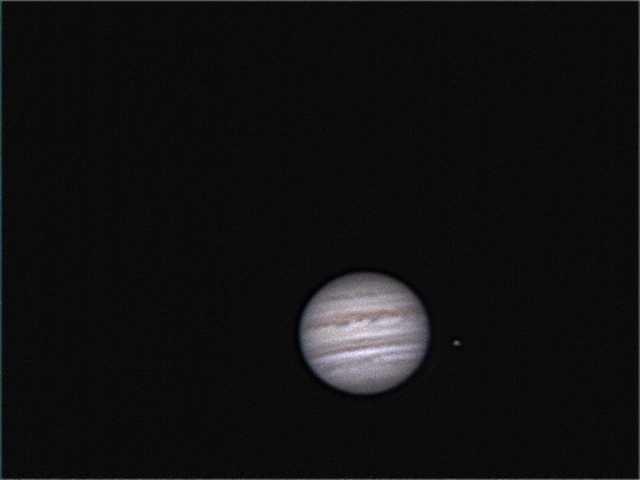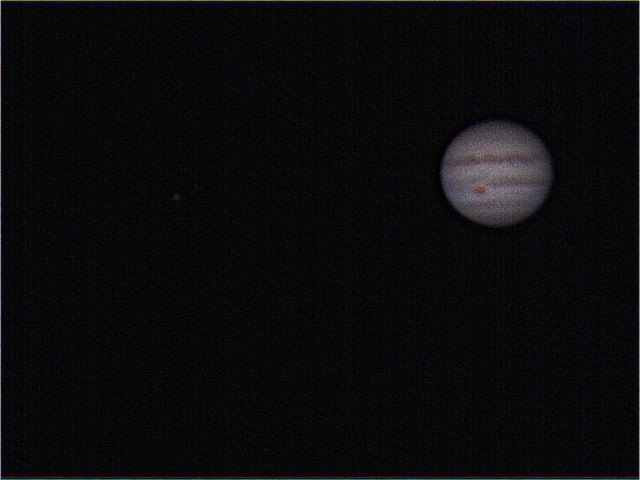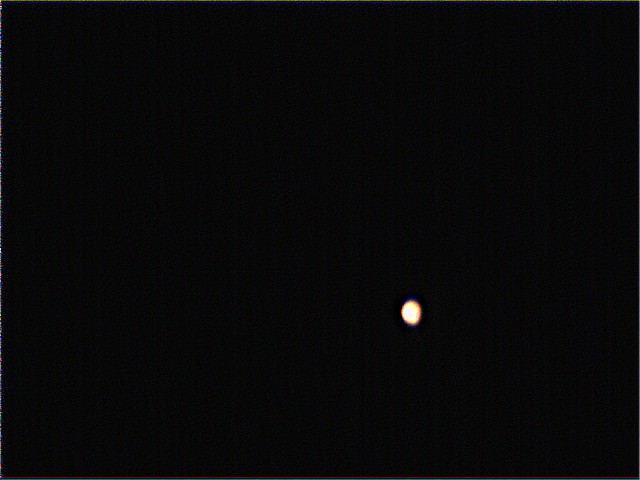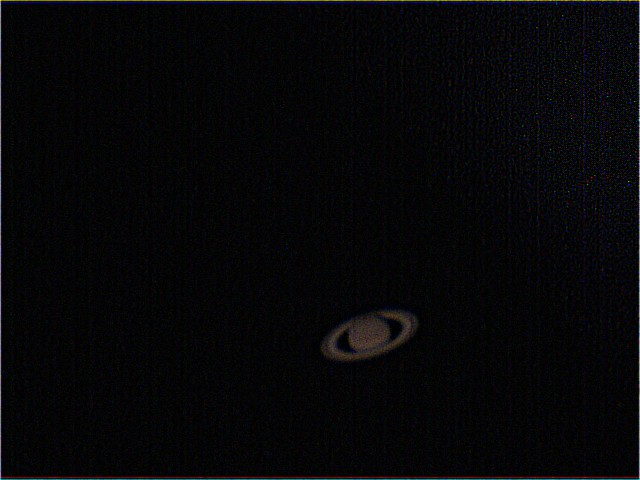Best pic of Jupiter I have taken so far:

Category: Uncategorised
Some Planetary pictures
Here are some pictures of Jupiter, Mars and Saturn that I took recently (March) in the early morning:



EU Referendum
Far be it from me to influence your vote, but if you don’t register to vote by 7 June and then vote on the 23 June, you may find that anti-EU wrinklies have decided the result for you.
A whole slew of august economic bodies have warned of some decline in economic performance if we leave the EU. The Leave campaign counter this by shouting that the Remain arguments are all wrong.
The Leave campaign point to an annoying influx of EU workers taking jobs and putting a strain on public services, which would stop if we left. However, to stop the influx of EU immigrants would require a complete divorce from the EU, with the consequence being a likely economic decline, meaning fewer jobs and less government revenue, so the prospects for British workers are not likely to improve. And not providing more services was a political decision.
If we leave, we could get rid of some annoying EU regulations and control our own country. Maybe, but how is that going to benefit the young man or woman in the street? It could just give bosses a freer hand to set your wages and working conditions.
Astronomy topics
I saw the transit of Mercury on 9 May. I missed the entry as I was trying to get a clear projected image through some light cloud. By the time I swapped to another scope the small dot was already on the Sun’s disk. Later I went to the transit event at the OU where I saw the transit again. They had several telescopes set up with front-end filters to make viewing safe. They also had a specialist solar scope that showed the sun in the H-alpha wavelength, so that streaks of solar activity were visible as well as Mercury.
In a marquee they had a display of real meteorites for visitors to handle.
Before the end of the event, cloud had come over with spots of rain.
This month, Mars and Saturn can be seen low in the SE sky around midnight BST. A small telescope will show Mars as a reddish disk. The planet is at its closest approach for years, so this is your best chance to view it.
I now have the use of three telescope mountings: an AZ-4, a very solid mount that is very quick to set up for use, but has no slow-motions, a Nexstar SLT which I use for general observing sessions – the SLT is a computer controlled mount which works well for finding and tracking faint objects. The tripod is rather wobbly though.
I also have a EQ-5, another very solid mount, an equatorial with electric drive. This is good for observing planets and other easy to find objects but I have not used it much.
Forgotten Futures
In the spirit of the Independent on Sunday’s “Invisible Ink” column I am harking back to a review I wrote in the 1990’s. David Wingrove’s “Chung Kuo” sci-fi series was clearly intended by author and publisher to be a best-selling series with a wide appeal, a kind of 1990’s Game of Thrones, but it met with a rather mixed response. I had not heard anything of Wingrove or Chunk Kuo for ages but stumbled on this review in my files recently.
Looking on Amazon, it seems that the original series is out of print, but that a reworked series has been launched from Corvus in 2011. I’d heard nothing about that either.
CHUNG KUO Book III: THE WHITE MOUNTAIN by David Wingrove,
(NEL,1991,440pp, £15.99 h/b.) ISBN 0-450-54992-5
David Wingrove’s seven-volume CHUNG KUO series is, for a SF novel, almost unique in its projected size and character count. It has also generated an almost unique amount of acrimony between author and genre reviewers. Shortly before reading Book III, I received a personally addressed open letter from Mr Wingrove. This was the latest shot in a running skirmish between an angry Wingrove and the editors and reviewers of the BSFA (British Science Fiction Association) magazine VECTOR. It is evident from various published interviews and letters that Mr Wingrove takes his magnum opus very seriously. In this latest open letter, Mr Wingrove vigorously refutes attacks made on him and his book THE WHITE MOUNTAIN made in a recent VECTOR review and editorial. I do think that the criticisms made in this latest attack were intemperate and misleading, so I shan’t repeat them here; but for what I thought of the book myself, read on.
CHUNG KUO (=Middle Kingdom =Imperial China) is set in the 23rd Century, when the Han Chinese are rulers of an Earth whose rapidly multiplying population lives in continuous multilevel cities which cover vast stretches of territory. Technological progress has been halted at about a 21st century level by a regime suspicious of any kind of change, and the past has been suppressed and falsified to present an approved Chinese version of 2000 years of history.
Socially, this is a corrupt and totalitarian culture which models itself in many ways on the old Chinese Empire, and in which women are treated as chattels. Surveillance cameras record everybody’s movements. Chung Kuo is ruled by seven autocrats, the Seven, each of whom has absolute rule over a city-continent. Those of highest status live on the uppermost levels of the cities, while those below a certain floor barrier, the Net, live in lawless levels where only the strongest and most brutal survive. Below all is the original ground surface; the Clay.
Political opposition to the rule of the Seven has come from a Western European pro-change group, the Dispersionists, who were in favour of developing interstellar spaceflight, but by the time the third book opens this movement has been crushed and is replaced by terrorist groups. The principal actors are the terrorist leader, DeVore; the undercover terrorist collaborator, Hans Ebert; General Knut Tolonen, a staunch supporter of the Seven; Gregor Karr, a brutal major in the Security forces; Li Yuan, one of the Seven and ruler of City Europe; and Wang Sau-Leyan, one of the Seven and ruler of City Africa. In Vol III, the terrorists inflict disruptive damage on the world of Chung Kuo, and in turn suffer crushing defeats. The old unity of the Seven is shattered by personal rivalry, and there is pressure for the population growth to be restricted, and a research project is underway to develop means to fit all men with headsets that will enable them to be remotely controlled.
There is a very large cast of characters, many with Chinese names, and Wingrove’s method is to write many fairly short sections which usually consist of a confrontation or interaction between two or three of these characters, or a short piece of action. The plot is very complex and involves a number of parallel schemes and subplots that extend through the several volumes. This is only incidentally a science fiction series; clearly the intention of Wingrove and his publishers was to produce a middlebrow SF version of the Family Saga or corporate-struggle or spy thriller bestseller, and using many of the same techniques.
Most of the SF elements, e.g. the multilevel city, the computer networks, the identifications by retinal pattern, are the common currency of modern SF.
It has to be said that the attempt has not been altogether successful. It is impossible to find any major sympathetic character with whom one can identify and whose adventures one can follow. Every one of the major characters listed above is a ruthless and unpleasant type, responsible for many brutal killings, often carried out personally. There are several scenes in which women are sexually exploited, abused and even killed during sex acts. Mr Wingrove has succeeded admirably in recreating the beastliness and venality of all totalitarian regimes! The prose, while adequately fashioned for its task, is not such that one would read the book just to enjoy the music of its language.
This is largely a novel of interiors. Such noteworthy descriptive passages as exist are mostly of the knicknacks inside the apartments of the powerful, or of the rural delights of their estates. In the same way, one senses that many of the action scenes are, despite the great length of the series, hurried through rather than suspensefully exploited to the full. Scenes involving ideas such as cyborgs, animated corpses, half-humans and human duplicates which ought to have been striking, get rather buried in the onrush of material. As TV, it would have more talk than special effects.
You don’t have to be a statistician to look at the present urban sprawl and deduce that that a population of 30 billion “contained in vast hive-like cities of three hundred levels that spanned whole continents” just doesn’t add up. Surely Mr Wingrove doesn’t mean the English billion (1000,000,000,000)?
The frequent use of Chinese words and phrases in the text may prove an irritant to non-Sinophile readers; the Book III hardback does not contain the glossary or the list of characters. A crucial failing of this book is that it concentrates too much on unpleasant events, leading to a lack of balance between entertainment and message. This reviewer found that because of this, the lack of sympathetic major characters and the bittiness of the text, reading THE WHITE MOUNTAIN and the two preceding volumes wasn’t any fun at all.
I am sceptical about Chung Kuo’s reversion to the customs of the Chinese Empire. The Empire collapsed unmourned a lifetime ago; my impression of how the Chinese might turn out in the future is that they seem as eager for Western ways and technological development as anyone else.
Most people who choose to read THE WHITE MOUNTAIN will have already read vols I and II. Those who haven’t, and think it might interest them, should start by looking at a copy of Book I.
Kim Cowie.
